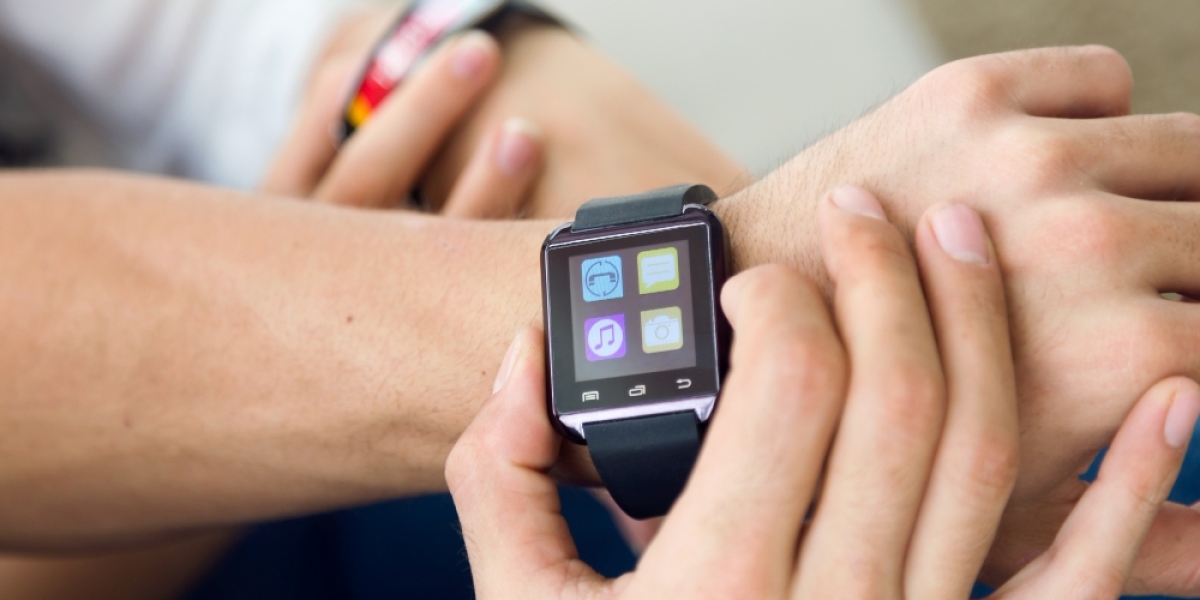Hoodoplasty, also known as clitoral hood reduction or clitoral unhooding, is a surgical procedure aimed at enhancing both the aesthetic appearance and function of the clitoral hood. Proper preparation is crucial for a successful outcome and smooth recovery. Here’s a comprehensive guide on how to prepare for Hoodoplasty Surgery in Dubai.
1. Research and Select a Qualified Surgeon
Choosing the right surgeon is the first and most crucial step. Research board-certified plastic surgeons in Dubai who specialize in genital cosmetic surgery. Look for credentials, years of experience, and patient reviews. Schedule consultations with potential surgeons to discuss your goals, ask questions, and evaluate their expertise and communication style.
2. Understand the Procedure
Gain a thorough understanding of what hoodoplasty involves. During your consultation, ask your surgeon to explain the surgical process, including the techniques used, anesthesia options, duration of the surgery, and potential risks. Knowing what to expect can help alleviate anxiety and ensure you’re fully informed about the procedure.
3. Medical Evaluation
Your surgeon will conduct a comprehensive medical evaluation to ensure you are a suitable candidate for Clitoral Hoodoplasty. This may include a physical examination, review of your medical history, and possibly some tests or screenings. Be honest about your health history, including any medications or supplements you are taking.
4. Discuss Your Goals and Expectations
Clearly communicate your reasons for wanting hoodoplasty and what you hope to achieve. Your surgeon needs to understand your aesthetic and functional goals to tailor the procedure to your specific needs. Set realistic expectations and discuss the likely outcomes and any limitations of the surgery.
5. Follow Pre-Operative Instructions
Your surgeon will provide specific pre-operative instructions to help prepare your body for surgery. This may include:
- Medication Guidelines: You may be advised to stop taking certain medications, such as blood thinners, that can increase bleeding risks.
- Fasting Instructions: If general anesthesia is used, you’ll need to fast for a certain period before surgery.
- Avoid Smoking and Alcohol: Smoking and alcohol can impair healing. It’s best to avoid them several weeks before and after the procedure.
6. Arrange for Transportation and Post-Surgery Care
Plan for someone to drive you to and from the surgery center. Arrange for a friend or family member to stay with you for at least the first 24 hours post-surgery to assist with basic tasks and monitor your recovery.
7. Prepare Your Recovery Space
Set up a comfortable recovery area at home. Have essentials such as:
- Loose, Comfortable Clothing: Opt for garments that won’t irritate the surgical site.
- Pillows: To support different resting positions.
- Healthy Snacks and Hydration: To nourish your body during recovery.
- Entertainment: Books, movies, or other activities to keep you occupied while you rest.
8. Mental Preparation
Mental readiness is as important as physical preparation. Understand that recovery takes time and patience. Prepare yourself mentally for the healing process, potential discomfort, and the need to follow post-operative care instructions diligently.









